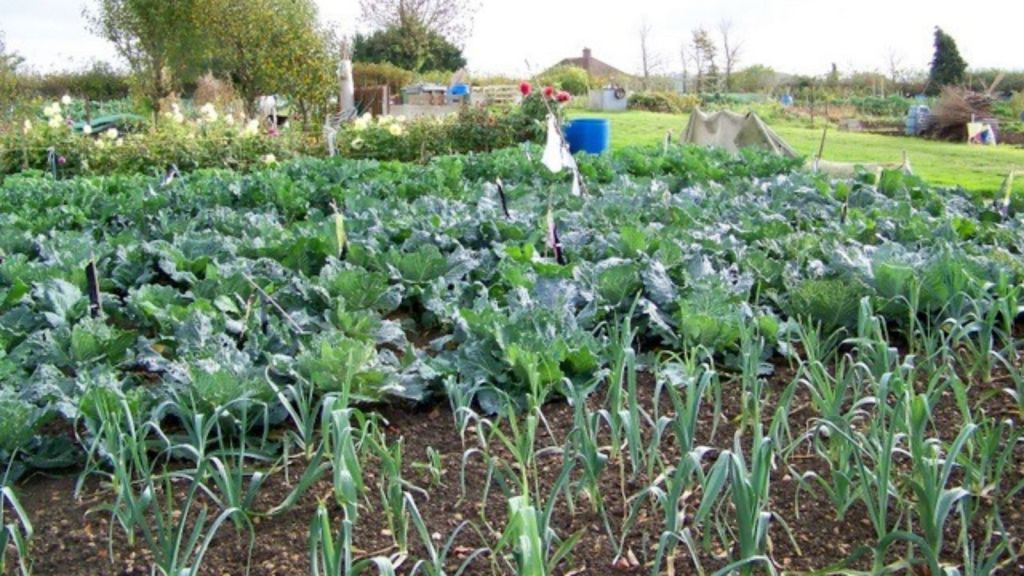“Unbelievable Ingenuity: 13 Astonishing Survival Tactics That Thrived During the Great Depression!”
10. Multi-Generational Households

When families couldnât afford to live on their own, they moved in with relatives, creating multi-generational households. Grandparents, aunts, uncles, and cousins all lived under the same roof, sharing responsibilities and pooling resources to get by.
While privacy was sacrificed, these large households allowed families to cut costs and provide mutual support during one of the most challenging periods in history.
11. Canning and Preserving Food

With food often scarce, canning and preserving became essential for survival. Families canned fruits, vegetables, and even meats during harvest season to ensure they had enough food to last through the winter.
Canning was an old-fashioned skill that saw a resurgence during the Great Depression, and it allowed people to stretch their food supplies far beyond the growing season.
12. Taking in Boarders

To make ends meet, many families opened their homes to boarders. Renting out a spare room or attic space provided an extra source of income, which helped with basic expenses like groceries and bills.
Taking in boarders wasnât always easy, but it was a creative way for families to supplement their income and keep a roof over their heads.
13. Scrip Instead of Money

In some communities, when banks failed, local governments and businesses issued their own currency, known as scrip, that people could use for basic transactions like buying food or paying for services.













